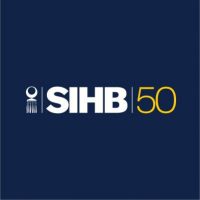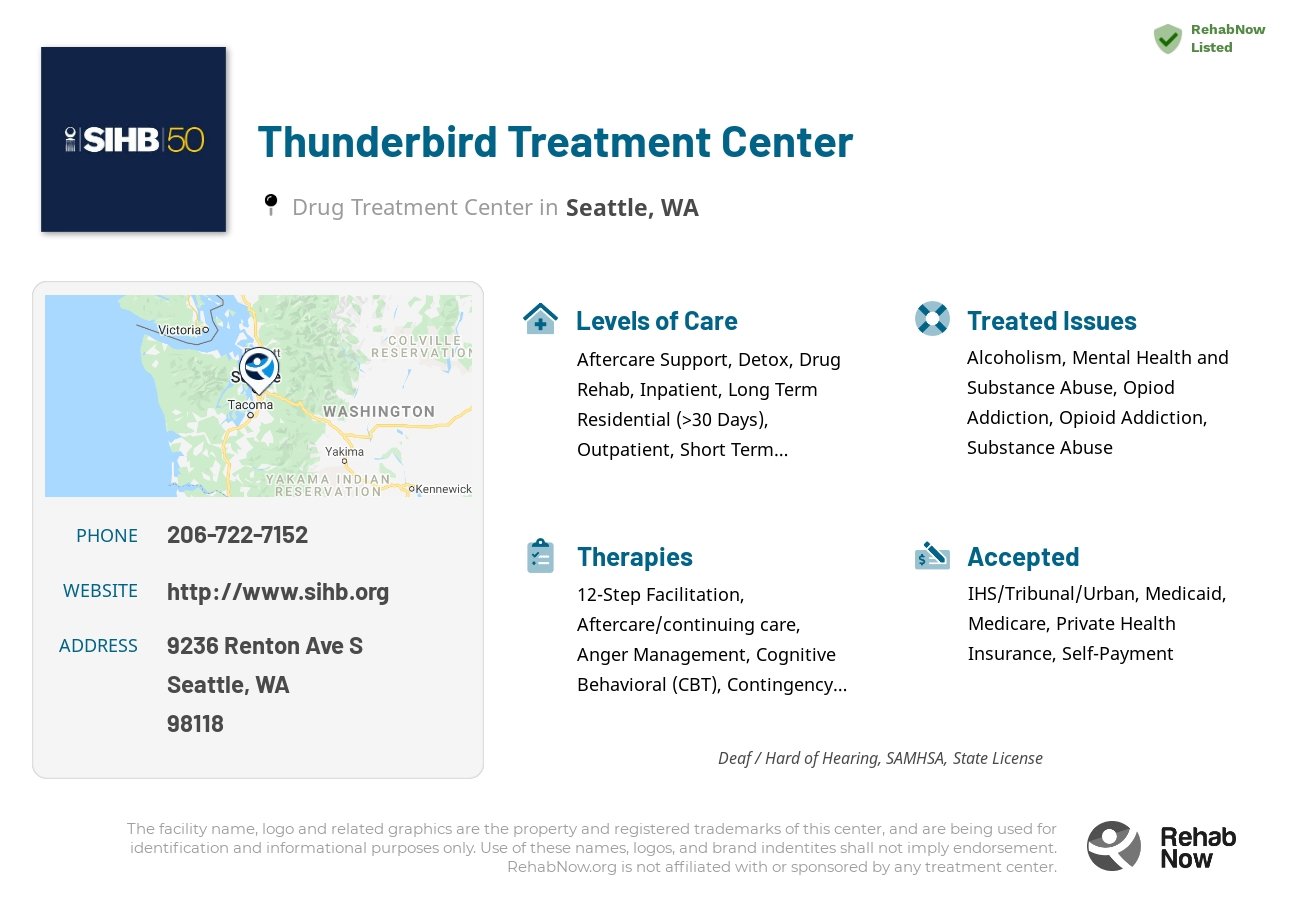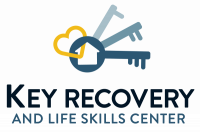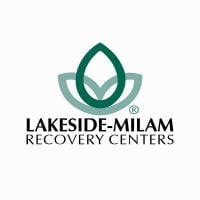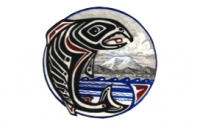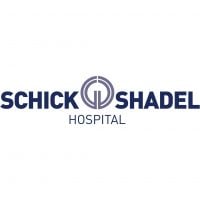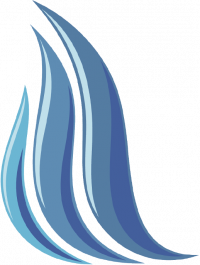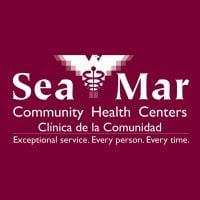Thunderbird Treatment Center
Drug Rehab Center in Seattle, Washington
Thunderbird Treatment Center is a top addiction treatment facility in Seattle, Washington, offering residential, inpatient, and outpatient care options with a focus on aftercare services, evidence-based treatment programs, holistic therapy, and individualized treatment plans to help patients overcome addiction and achieve long-term sobriety and improved mental health.
About This Washington Facility
Thunderbird Treatment Center, located in Seattle, WA, provides community healthcare targeting substance abuse and mental health issues for the urban American Indian and Alaska Native population. Nestled in the Pacific Northwest, this non-profit rehab offers a serene environment for healing.
• Specialized care for substance abuse and co-occurring mental health disorders
• Culturally sensitive approach tailored to Native American communities
• Comprehensive treatment plans integrating evidence-based therapies
• Holistic wellness practices like meditation and yoga
Accredited by SAMHSA and state-licensed, Thunderbird upholds the highest standards of quality care. Their mission emphasizes serving the local Native population with compassionate, community-focused treatment.
Thunderbird treats addictions to alcohol, opioids, and other substances, as well as mental health conditions like depression and anxiety. Treatment modalities include residential, inpatient, and outpatient programs incorporating individual and group therapy, medical care, and relapse prevention education. A multidisciplinary team provides personalized treatment plans utilizing cognitive behavioral therapy, dialectical behavior therapy, and holistic approaches for whole-person healing.
Genders
Ages
Modality
Additional
Accreditations
State License
SAMHSA
Conditions and Issues Treated
Recovering from any type of substance abuse is a long process, but it is one of the most worthwhile and life changing events any addicted person will ever go through. This is a combination of detoxing the body, rehabilitation, and recovery. There is also therapy, aftercare, and support during the entire process.
While substance abuse can take over a person’s life, it is something that can also be overcame by professionals at Thunderbird Treatment Center in Seattle, WA
With so many people struggling with opioid addiction, opioid addiction treatment is more critical than ever before. Patients often take opioids when they face a painful injury. When someone begins taking opioids such as Vicodin or oxycodone differently than how the medications were prescribed, this points to opioid addiction.
Stopping these types of medications abruptly is not safe. That is where opioid addiction treatment at Thunderbird Treatment Center in Seattle, WA comes in. Most opioid addiction treatment facilities start with detox and move to rehabilitation services while providing medical support during the process.
Getting over an opioid addiction takes time and determination, but with the right support and resources, those struggling with opioid addiction can recover and move forward with their lives.
Levels of Care Offered at Thunderbird Treatment Center
This center offers a variety of custom treatment tailored to individual recovery. Currently available are Aftercare Support, Detox, Drug Rehab, Inpatient, Outpatient, Residential, with additional therapies available as listed below.
Detox is a drug rehab process that begins before the actual drug rehab treatment. It is used to remove any residual toxins left in your body (and brain) after using drugs, and it is used with the intent to help you or your loved one complete drug rehab.
If you are addicted to opiates like heroin, methadone, or prescription painkillers, you will detox with medication. This is because the withdrawal symptoms are often more intense and uncomfortable for an opiate addict than for someone who has abused or is dependent on other drugs, like cocaine.
Inpatient rehab programs like what’s offered at Thunderbird Treatment Center in Seattle, WA are ideal for covering all the bases that surround one’s addiction. It’s considered the most comprehensive approach to care for people afflicted with addiction. Patients live in a facility where they have access to therapy and medical care 24/7.
Outpatient treatment is treatment that occurs when a patient is not checked into a rehab facility. The patient may show up for therapy sessions, go through detox and engage in other therapies to help them recover. However, they will do so while they live at home in Washington.
Outpatient therapy provided by Thunderbird Treatment Center is usually recommended as a follow up to inpatient therapy. It helps patients adapt to their normal lives after treatment. In some cases, it can also be an alternative to inpatient treatment. People may choose this route if they are unable to leave their jobs, children or if they don’t have the money for inpatient treatment. However, inpatient treatment is the best way to recover from addiction.
Residential treatment programs are those that offer housing and meals in addition to substance abuse treatment. Rehab facilities that offer residential treatment allow patients to focus solely on recovery, in an environment totally separate from their lives. Some rehab centers specialize in short-term residential treatment (a few days to a week or two), while others solely provide treatment on a long-term basis (several weeks to months). Some offer both, and tailor treatment to the patient’s individual requirements.
Therapies & Programs
Individual professional counseling or individual therapy refers to the one-on-one interaction between a patient and his or her counselor. Individual therapy allows for more privacy, one that group interactions can’t provide. Therefore, it becomes easier for a person to unload and become more open to his or her counselor.
Another benefit of individual therapy at Thunderbird Treatment Center in Seattle, WA is that all sessions aim to speed up a single person’s progress. It makes it easier for the counselor and the patient to deal with the central issues, which are likely the culprits of substance addiction.
Once the roots of the problems are addressed, it becomes less challenging for a recovering patient to maintain sobriety and brush off temptations.
Families are not always as supportive as they could be, but by opting for family therapy, many recovering addicts are able to understand their addiction and get the support they need to get sober. These therapy sessions at Thunderbird Treatment Center in Seattle, WA involve all members of the family who play a role in the recovering person’s daily life. They work together to overcome past issues, avoid triggers, and remain strong and supportive of each other.
In group therapy, the patient undergoes sessions with other patients dealing with similar problems under the guidance of a trained counselor. The members of the group interact with each other and talk freely about their issues. The recovery of members of the group from the problems that they face gives the patients confidence that they can also overcome their addiction.
Group therapy at Thunderbird Treatment Center reduces the feeling of loneliness and improves the coping skills of the patients. Group therapy provides patients with continuous feedback from other members. The group dynamics ensure that members start having some structure and routine in their lives.
Dialectical behavior therapy (DBT) is a method of individual and/or group counseling that focuses on acceptance and change. DBT can be very effective in developing coping strategies for negative emotions.
Cognitive behavioral therapy (CBT) is a way of addressing concerns through talking. Talking through issues can identify sources of discomfort or unhealthy thoughts. CBT is a healthy way Thunderbird Treatment Center addresses some behaviors which may be bringing unintended consequences in a persons life.
Rational Emotive Behavior Therapy (REBT) is a type of cognitive therapy. It is based on the principle that irrational thoughts are responsible for the emotional and behavioral changes in addiction. The therapy starts with identifying the underlying irrational thoughts. These thoughts are then challenged and opposed logically and then replaced with positive thoughts.
The 12 step program is the treatment method used by Alcoholics Anonymous, but it can apply to any type of addiction. It outlines the 12 steps addicts should take on the path to recovery. Steps include admitting you have a problem and making the decision to turn your life around. A belief in a higher power and making amends to others are also part of the program.
Payment Options Accepted
For specific insurance or payment methods please contact us.
Is your insurance accepted?
Ask an expert, call (888) 674-0062
Additional Details
Specifics, location, and helpful extra information.
Seattle, Washington 98118 Phone Number(206) 722-7152 Meta DetailsUpdated April 15, 2024
Staff Verified
Patient Reviews
There are no reviews yet. Be the first one to write one.
Seattle, Washington Addiction Information
Washington's substance use, abuse, and addiction rates have followed the trends of the rest of the over the past years. Methamphetamine abuse is the biggest threat to Washington. Heroin-related overdoses increased by almost 450% from 2006 to 2016. 20% of all annual deaths in Washington are somehow drug and/or alcohol-related. Drugs are widely abused in Washington because they are easily trafficked in and out of the state.
In Seattle, Washington, drug addiction is a big problem. In 2016, there were nearly 500 drug overdose deaths in Seattle, with opioids responsible for most of those deaths. 4.5% of people aged 12 or older reported using psychotherapeutic drugs for nonmedical purposes. Some of the most common treatments include inpatient rehab, outpatient rehab, and detox centers.
Treatment in Nearby Cities
- Woodinville, WA (17.0 mi.)
- Wapato, WA (114.6 mi.)
- Snoqualmie, WA (20.9 mi.)
- Bellingham, WA (85.7 mi.)
- Long Beach, WA (116.7 mi.)
Centers near Thunderbird Treatment Center
The facility name, logo and brand are the property and registered trademarks of Thunderbird Treatment Center, and are being used for identification and informational purposes only. Use of these names, logos and brands shall not imply endorsement. RehabNow.org is not affiliated with or sponsored by Thunderbird Treatment Center.
